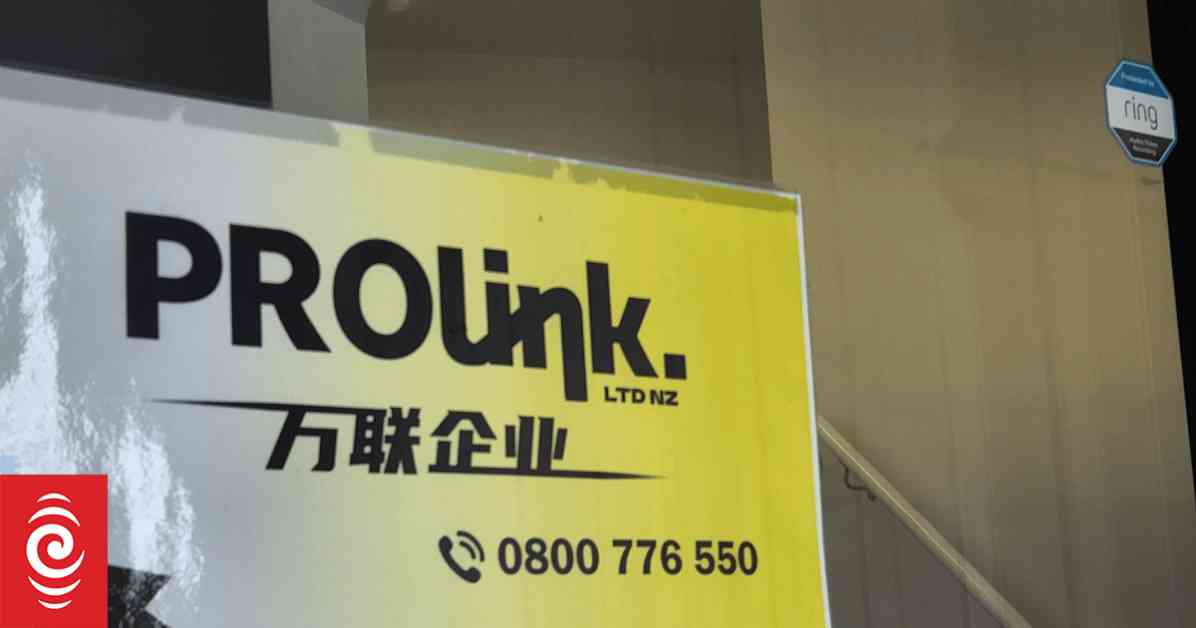Labour Hire Company Faces Immigration Probe and Huge Debt
Auckland-based labour hire company, Prolink NZ, is currently under intense scrutiny after an initial report from a liquidator revealed that the company owes a staggering $4.01 million to creditors. The investigation, which was initiated by Immigration New Zealand (INZ) back in September 2023, has also implicated former licensed immigration advisor Cook Huang in alleged fraudulent activities.
Controversy Surrounding Prolink NZ
The company, located on Dominion Road in Auckland, is owned by directors Haiyan Luo and Shaojun Han, with 100 percent of the shares belonging to Haiyan Luo. Prolink NZ recently entered voluntary liquidation, appointing licensed insolvency practitioner Pratesh Patel to oversee the process.
Impact on Migrant Workers and Creditors
A significant number of the company’s 188 migrant employees are now at risk due to the company’s financial troubles. These employees, who hold accredited employer work visas (AEWVs), have reportedly been left in a precarious situation, with many of them seeking open work visas from INZ to secure their livelihoods. The liquidator’s report also revealed a list of creditors, including prominent names like Inland Revenue Department, ACC, Canon New Zealand, and others, who are owed substantial amounts by Prolink NZ.
Challenges Faced by the Company
The company’s financial woes are further compounded by allegations of mismanagement, including a significant withdrawal of funds by one of the directors prior to liquidation. Patel’s report highlighted several concerning financial transactions, including the sale of a Porsche financed by UDC Finance, which is currently under review.
Amidst this turmoil, Prolink NZ’s employees and creditors are left grappling with the aftermath of the company’s collapse, while authorities continue their investigation into the company’s operations and compliance with immigration laws.
As the story of Prolink NZ unfolds, it serves as a stark reminder of the challenges faced by both migrant workers and businesses in New Zealand’s ever-evolving labor landscape. The impact of such cases reverberates far beyond the confines of a single company, highlighting systemic issues that need to be addressed to protect vulnerable workers and uphold the integrity of the immigration system.
In times like these, it is crucial for regulators, employers, and the community at large to come together to ensure that such incidents are thoroughly investigated, and appropriate measures are put in place to prevent similar occurrences in the future. As we navigate the complexities of immigration, labor, and corporate governance, stories like Prolink NZ’s serve as cautionary tales that underscore the importance of transparency, accountability, and fairness in our workplaces.

















